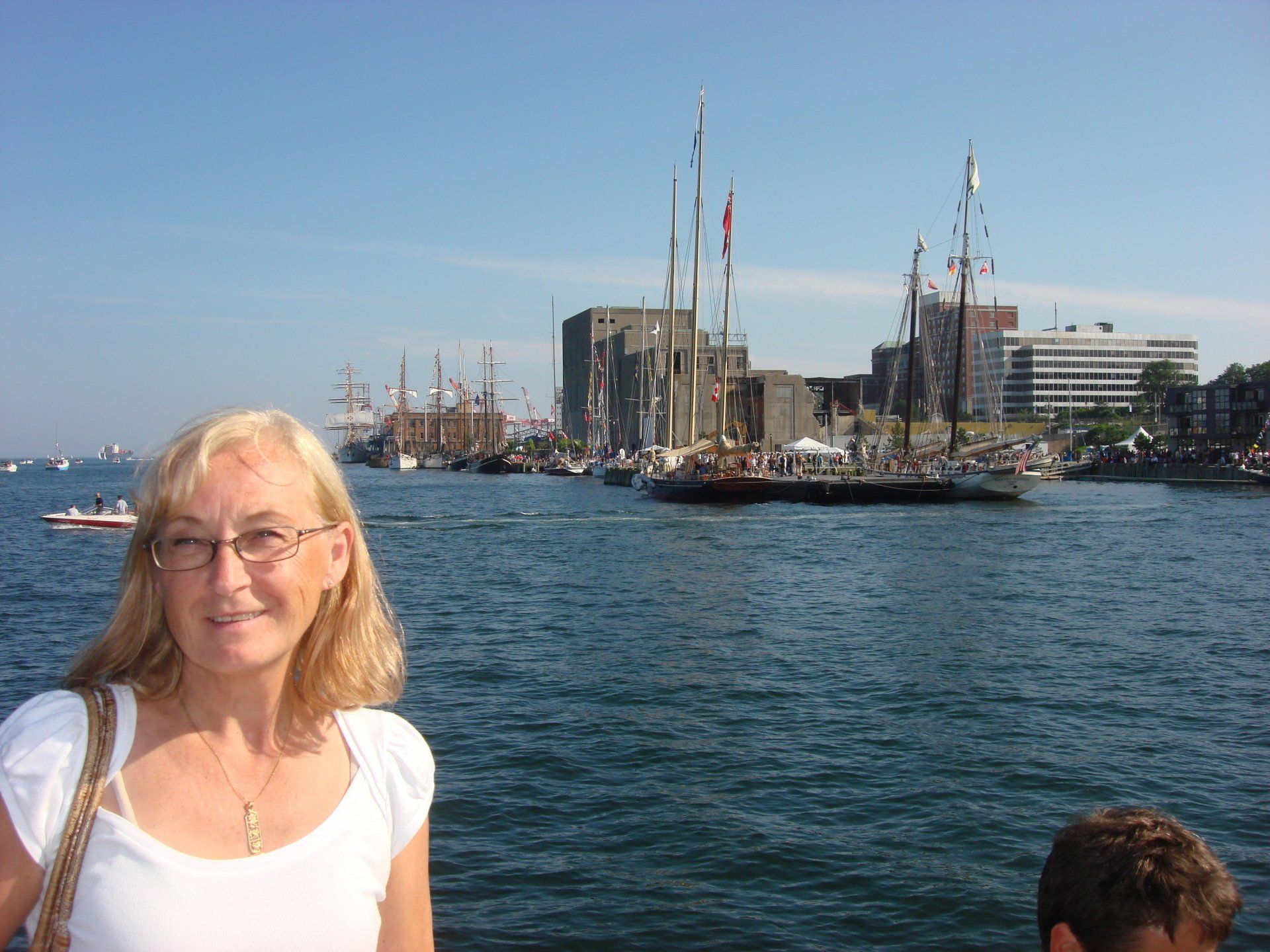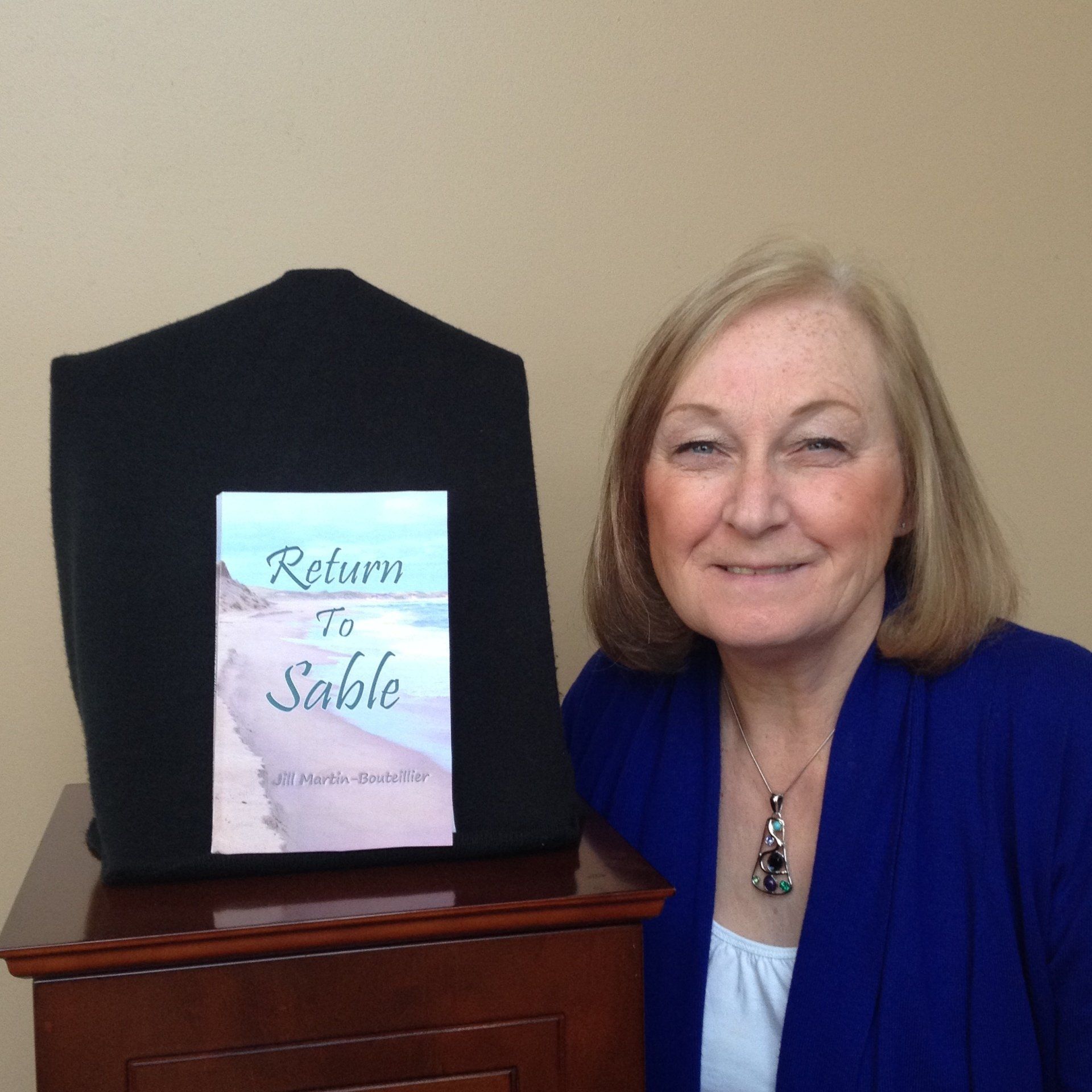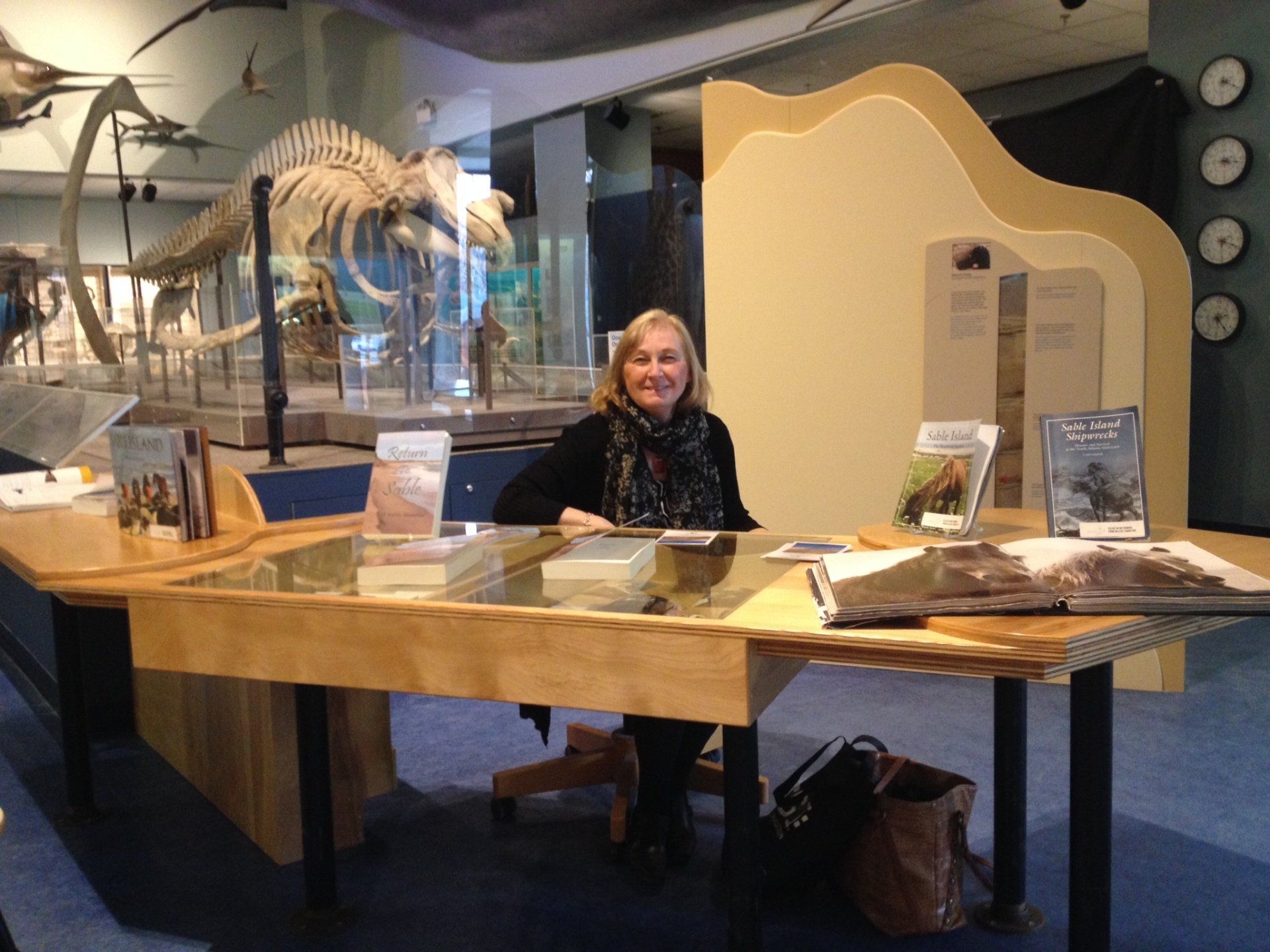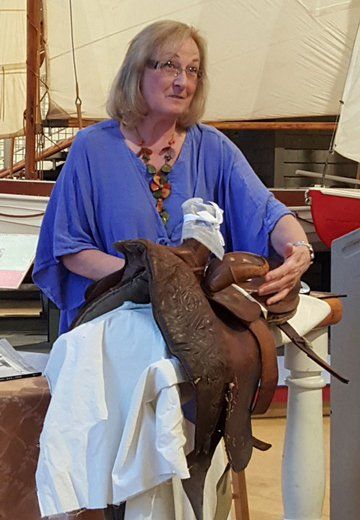MEET THE AUTHOR
Jill Martin

Immigrants who dare the journey, believe life will be better in their new country. With immigration stories on both her mother’s and father’s sides - the Bouteilliers from France in the mid 1700s and the Thomsons from the Highlands of Scotland in the early 1900s, Jill Martin can trace her roots back many generations.
In 1752, Jean George Bouteillier, known as ‘Passport George’, along with his wife, Sarah and their four children (aged 22,17,13 and 10) sailed from Rotterdam on the Sally to settle in Nova Scotia. It is believed an older son, John George, made the same journey on the Speedwell. From their home in the small duchy of Montbeliard on the French, Swiss, German border, these members of the Bouteillier family relocated in Lunenburg Nova Scotia and became the progenitors of all Bouteilliers – no matter how the name is spelled - in Nova Scotia.
The crossing was long and hard. The Sally left port on May 30th. 120 days later the ship arrived in Halifax where it remained 21 more days in quarantine in the harbour. Jean George’s wife died on the voyage. The Speedwell took 68 days to cross and spent 14 days in quarantine in the Halifax harbour.
The promise of homesteads in the fledgling province of Saskatchewan led Jill’s maternal grandfather to leave his home in Halifax. On a quarter section six miles from Viscount, Saskatchewan Clarence Bouteillier built his home. A small stand of trees became his children’s playground. A decade after their last child, a daughter, Lillian Bouteillier, Jill’s mother, was born. Neither drought, cyclone, nor the 1918 pandemic weakened their resolve to make a go of it.
From the original passport:
“We the governor, President and Councillors of the Regency established at Montbeliard for his Serene Highness the Lord Duke of Wurtenburg declare that ….Jean George Bouteillier of Etabon…having informed us of his poverty and of his inability to make in this country a livelihood for himself and his family … has asked permission to seek his fortunes elsewhere and the grant for this purpose of a passport for security of his voyage. In consequence whereof, we the Governor and council require all such as may be required to grant free passage to the said Bouteillier and his family and to afford him all the help necessary for carrying out of his voyage under offer of reciprocity.
In witness whereof we have caused these presents to be sealed with the common seal of the Chancellery and signed by a secretary of the council, this fifteenth day of April, One Thousand Seven hundred and fifty-two.”
The same promise of land and open spaces brought Joseph Thomson, Jill’s paternal grandfather, and two of his brothers to southern Saskatchewan as early as 1900. Joseph left the small croft outside of Aberdeen Scotland, crossed the Atlantic and a formidably vast continent before settling in Limerick Saskatchewan where he opened a blacksmith shop. There he plied the same trade as generations of Thomsons before him in Scotland.
The Bouteilliers and Thomsons connected in Saskatoon where young Lillian and Joseph met. Jill was born in Regina, attended U of S where she got her education degree. She began her teaching career with contracts in both Saskatchewan and Manitoba before moving to British Columbia. Two daughters and a master’s degree followed. Between 1977 and 2007, Jill taught high school English, history, creative writing and Civilization in both Quesnel and Victoria.
Slide title
Write your caption hereButtonSlide title
Write your caption hereButtonSlide title
Write your caption hereButton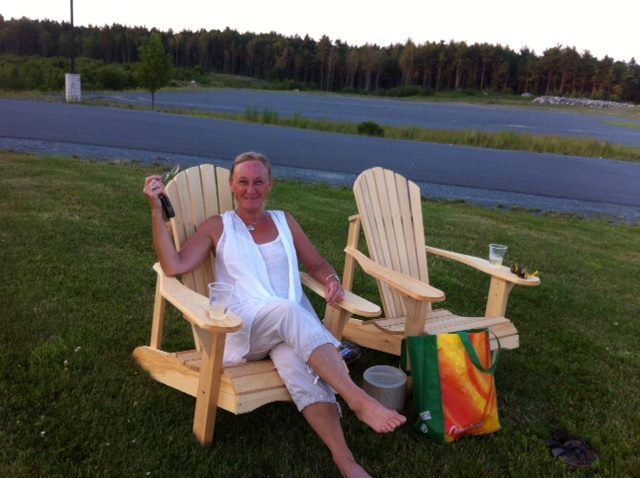
Slide title
Write your caption hereButton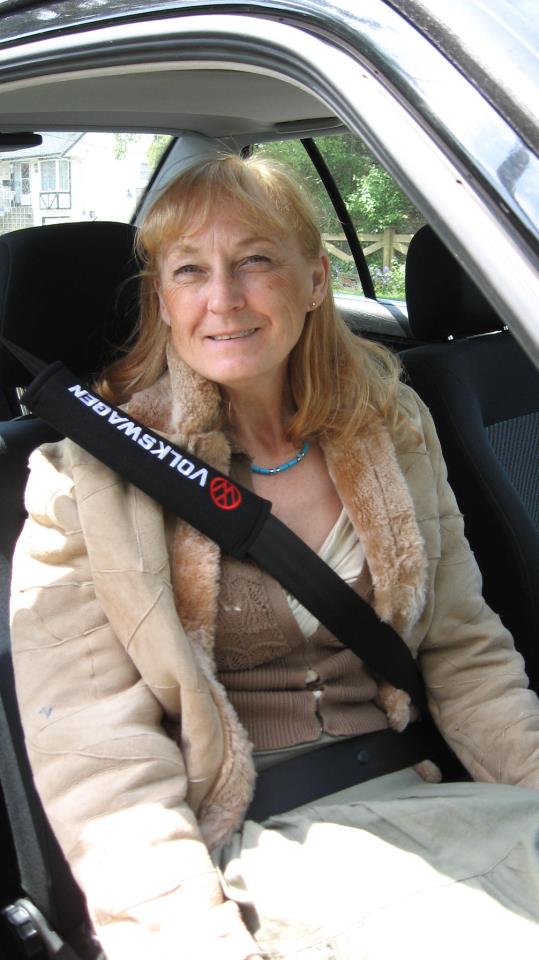
Slide title
Write your caption hereButton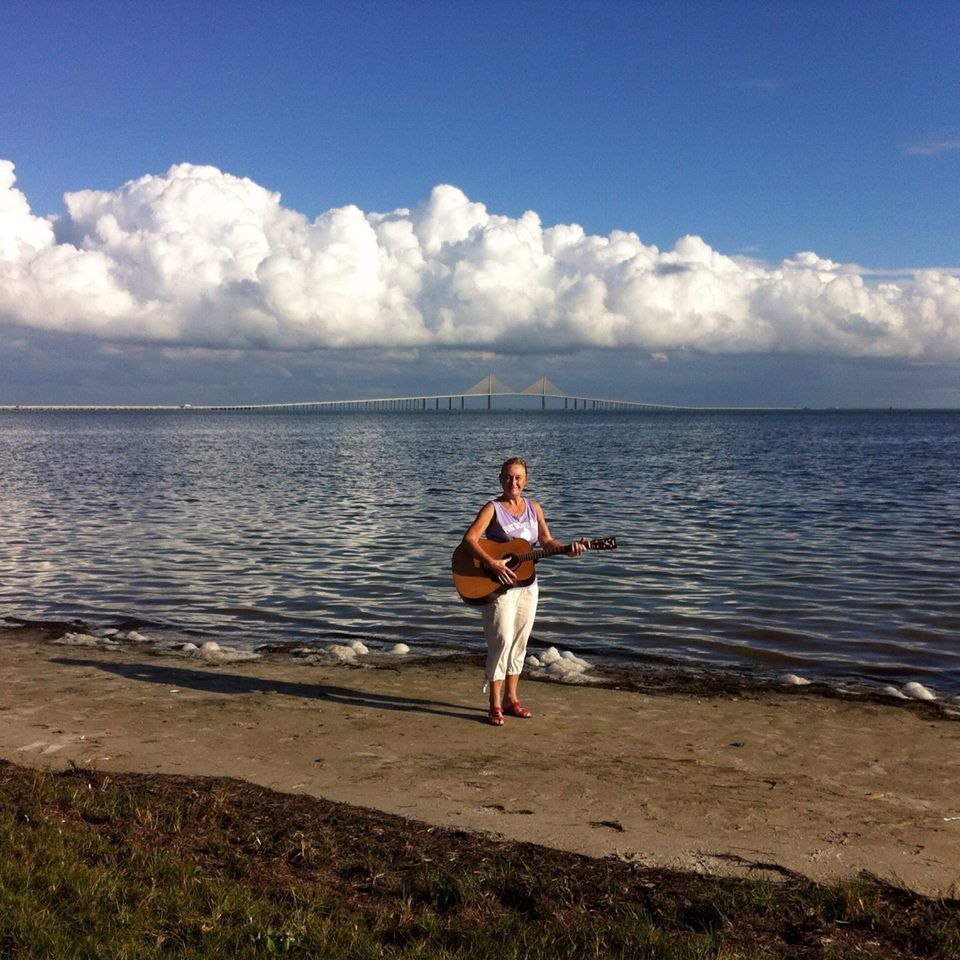
Slide title
Write your caption hereButton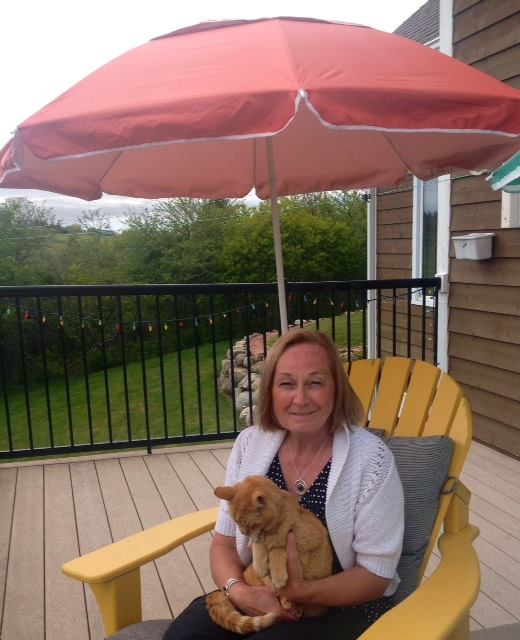
Slide title
Write your caption hereButtonSlide title
Write your caption hereButton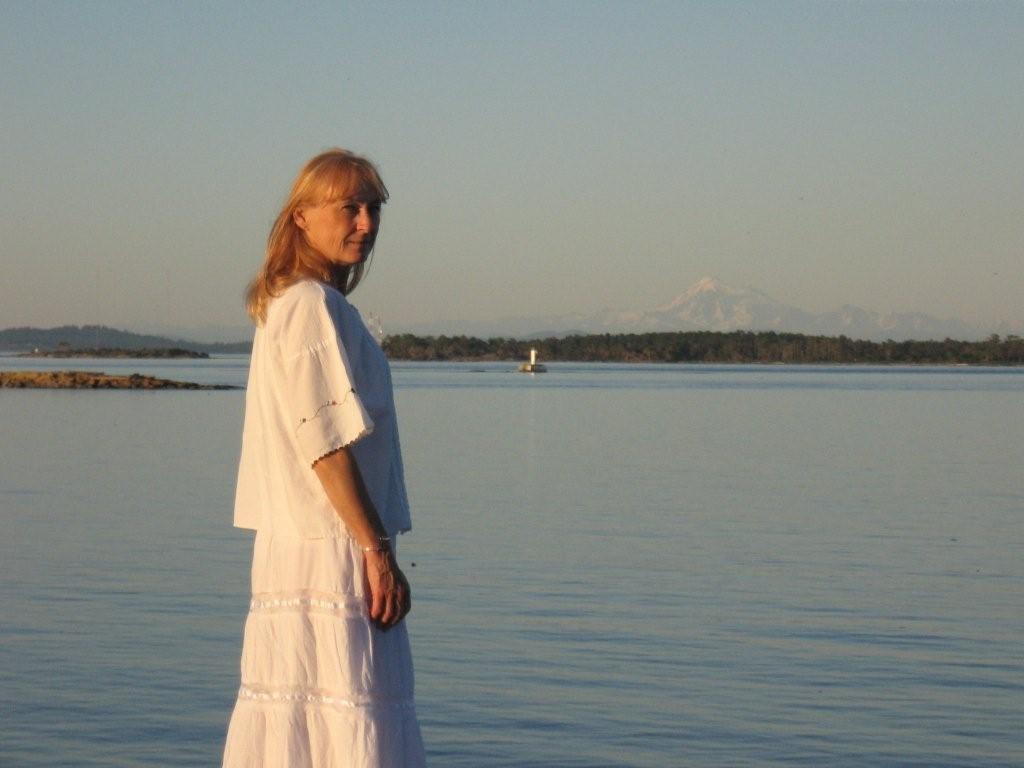
Slide title
Write your caption hereButtonSlide title
Write your caption hereButton
But the lure of narrative was strong.
For decades, the stories of her ancestors percolated below the surface. In 2012, she got serious about her research. In 2015, Jill published Return to Sable, the story of her Bouteillier ancestors who lived on Sable Island from 1884-1912 while her great grandfather, Robert Jarvis Bouteillier, was Governor of the island. Stories of Sable Island and her wonderful Great Aunt Trixie had been the stuff of conversations around dining tables for as long as she could remember. Softly, but insistently, the whispers in her ears grew louder.
Then came Sable Island in Black and White, (Nimbus 2016) - winner of the Atlantic Book Award for historical writing in 2017 - a non-fiction book filled with 140 pictures, most of which were taken by her great aunt.
During a hiatus while she co-authored Murder in the Fourth: A Case of Mindslaughter, (Tellwell 2018), her story about her Nova Scotia and Scottish ancestors was put on hold. Finally, at the height of the Covid Pandemic, Jill released From Thistles to Cowpies (Crossfield 2021), the immigration story of her Nova Scotia and Scottish ancestors who settled in Saskatchewan in the early 20th century.
Jill’s next project, The Fourth Sibling, (KDP 2022) was commissioned by her cousin, Verna Bouteillier, a heart-wrenching story about finding one’s voice and the courage to escape a black and seemingly hopeless situation.
In November 2023, Jill’s memoir, My Life Bridge by Bridge (Crossfield 2023) hit the shelves. The narrative takes the reader on a journey into the debilitating power of phobias. From the Greek for bridge, gephyrophobia – the fear of bridges - affects hundreds of unwilling victims worldwide.
When she started writing in 2012, she never imagined that twelve years on, her name would grace so many works, that she would have touched so many readers around the world.
WEB DESIGN BY WRIGHT NOW DESIGNS
All Rights Reserved | Key2Key Consulting

